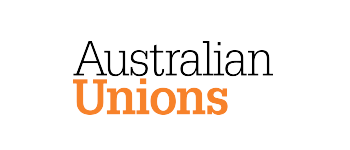O’Farrell’s attack on transport workers’ rights hits opposition in the Upper House
At the end of August the NSW Government tried to pass an amendment to the Transport Administration Act which covers employees in State Government transport agencies such as RailCorp, RTA and Sydney Ferries.
Fortunately, before the amendments could be passed, the Labor Party and Shooters and Fishers Party were successful in making a number of changes – sending the bill back to the Lower House.
In its original form the amendments would give the State Government the power to transfer, without consultation, employees in transport agencies to positions within the newly created Transport Service of NSW.
Workers who are currently protected by the Federal Fair Work Act would then be covered by O’Farrell’s new low-wage public sector laws where employees’ salaries, wages and conditions are fixed by the Director General of Transport, without recourse to an independent umpire.
If the amendment had passed, workers’ existing conditions would be stripped in the transfer and they’d lose their right to bargain for fair wages and conditions.
Initially the legislation would apply about 1,100 administrative employees whose positions are being amalgamated into the new agency. Potentially, however, the Director General of Transport could apply to have all government transport workers moved into the NSW IR system.
The amendment would also lay the groundwork for outsourcing ‘non-core’ work such as cleaning and maintenance.
The changes made to the amendment by the Labor Party and the Shooters and Fishers Party were:
• To stop the Director General from being able to dismiss a worker who refuses a transfer;
• To remove a section of the legislation that would mean only base salary and superannuation of a transferred employee would be protected – that is, all other monetary benefits could be taken away; and
• To add further protection to transferred employees by ensuring the wages and conditions they were receiving on the day of transfer will be maintained in the new position.
Following the changes made in the Upper House, the Bill will be considered again by the Lower House, where the Coalition has a majority.
The Coalition has three options:
• to accept the changes made and pass the Bill;
• to reject the changes and send the original Bill back to the Upper house and see if they can convince minor parties to support it; or
• to negotiate with the minor parties to come to an agreed position on the Bill which would reverse some or perhaps all of the proposed changes.
The RTBU is campaigning hard to try and prevent these laws passing in their original form. LocoExpress will keep you updates on the progress of the Bill.



